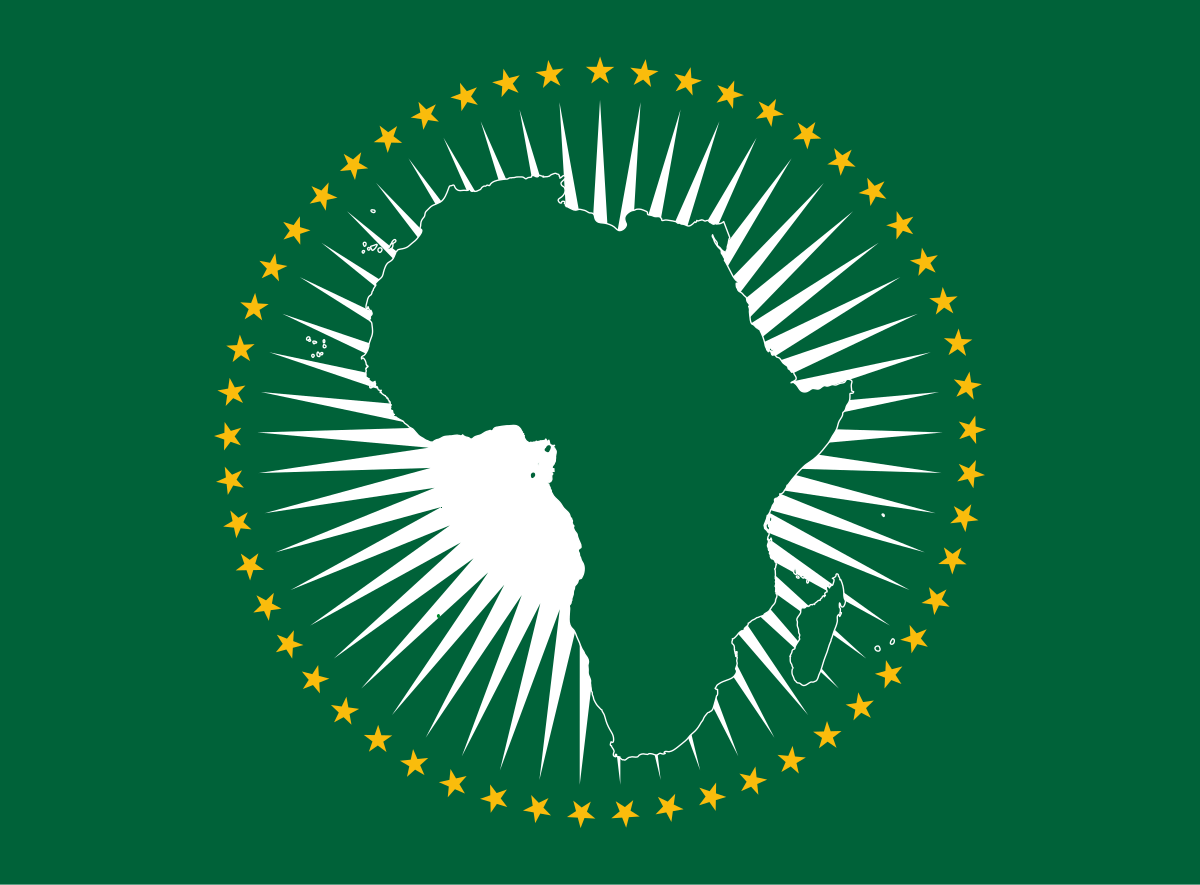In what is now becoming a routine talk shop, African leaders recently converged on Addis Ababa, the Ethiopian capital, for the 37th Ordinary Summit of the African Union. The theme of this year’s summit was ‘Educate and Skill Africa for the 21st Century’, which aims to focus on the state of education in the continent.
The meeting was also attended by Luiz Inácio Lula da Silva, President of the Federative Republic of Brazil; Ahmed Aboul Gheit, the Secretary General of the League of Arab States; the Prime Minister of Palestine, Mohammad Shyyyeh; as well as the Commonwealth Secretary General, Patricia Scotland.
Apart from the usual opening rhetoric and lamentations on the various problems afflicting the continent, the summit ended with the usual communiqué on issues such as; a call for an end to the myriad of crises bedeviling the continent; call for the return to democracy in some countries where soldiers have taken the reins of government; and request for more aid to meet the various challenges of the continent, including climate change.
For some years now, many Africans have resigned to the fate of not expecting much from such meetings. So many themes, adopted in previous summits have not resulted in any attention or change in the affairs of the continent.
We, at Daily Trust, note that instead of making steady progress, the continent is daily drifting. Indeed, where efforts were made to adopt measures to advance the economic and social well-being of their people, such as the African Continental Free Trade Area (AfCFTA), not much success has been recorded.
The Chairman of the African Union Commission, Moussa Faki Mahamat, highlighted some critical concerns facing the continent, including peace, political and institutional instability; climate change, economic governance deficits, integration challenges, poverty, and the marginalization of women and youth in development and leadership processes. He stressed the urgent need for Member States to proactively engage with these issues, underscoring their importance in achieving the aspirations of Agenda 2063 for a transformed and prosperous Africa.
“We are now strongly challenged by the urgency of clear positions on this set of issues, at the heart of the emergence of our organization and our continent. The strengthening of our unity and the intensification of our struggles require a new start, a true renaissance of nationalism and Pan-Africanism,” the AUC chairman said.
He also lamented the “rampant tendency’’ to make decisions without the “real political will to implement them’’. He said this “has grown to such an extent that it has a devastating effect on our individual credibility’’. He added that 93 per cent of the decisions adopted during the last three years have not been implemented.
Sadly, the 37th session would largely be remembered for the ugly scenes of open disagreements following the allegation by the Somali president, Hassan Sheikh Mahamed, that he was blocked by the Ethiopian authorities from attending the summit, which was disputed by the host nation. The two countries have been at loggerheads since Ethiopia agreed to recognize the breakaway territory of Somaliland in return for the use of its seaport. Similarly, there was an accusation by authorities of the Democratic Republic of Congo against Rwanda over its alleged support for rebels fighting in the eastern part of the country.
We, at Daily Trust believe that it is time for a change of attitude by African leaders to address the myriad of problems facing the continent. Africa is now adversely affected by climate change which has seen low food production. It also suffers from numerous conflicts in Sudan, Libya, DR Congo and Mozambique. There have also been attacks by insurgents, especially in the Sahel region. Further worsening the situation is the takeover of governments by the military, which is becoming a norm and putting stress on the little progress made in democratic governance.
We believe that these issues could only be addressed if our leaders change their attitude towards the continent. They must resolve to make the continent better. They must resolve to put the interest of their people above their personal interests. We want to remind them that the desire of the founding fathers of the African Union was to have a united continent that could compete favourably with other parts of the world. Unfortunately, that is far from being realised and unless there is a change, Africa and Africans will continue to suffer while the rest of the world makes progress.
That is definitely a task that our leaders must take up immediately.

 Join Daily Trust WhatsApp Community For Quick Access To News and Happenings Around You.
Join Daily Trust WhatsApp Community For Quick Access To News and Happenings Around You.

